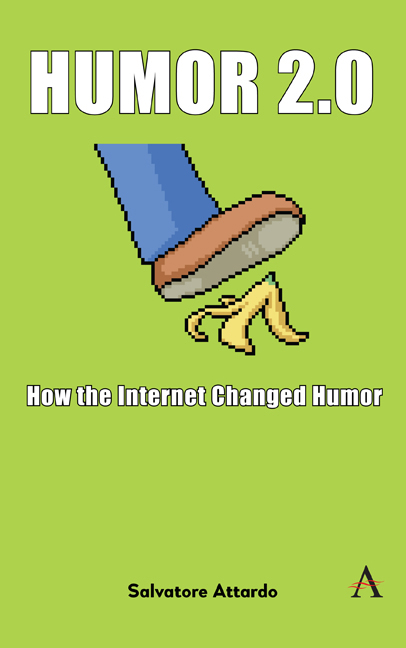10 - Satirical News Websites and Fake News
Published online by Cambridge University Press: 28 February 2024
Summary
Consider the following headlines:
1) Louisiana Man Arrested for Possession of Too Many Sharks, Meth in Bayou
2) Drunk Partygoer Falls Off Roof Attempting To Jump Off Roof
3) Embryos can be listed as dependents on tax returns, Georgia rules
4) Police Did Great Job, Police Say
5) Upset over LGBTQ books, a Michigan town defunds its library in tax vote
6) Study Finds Fewer Millennials Choosing To Become Good Parents
7) Meta warns its new chatbot may not tell you the truth
8) Biden: U.S. Won't Rest Until Brittney Griner Returned Home To Serve Marijuana Possession Sentence
Which ones are real headlines from real newspapers and which are fake headlines published in the Onion, the famous satirical news website? The answers are in this footnote. The very fact that a quiz like the one above is possible and the very real probability that you—dear reader—will get some of the answers wrong is one of the biggest differences between humor in the digital age and humor “before the internet.” But before we get to this, let's back up a little and start by defining what defines satirical news as opposed to fake and real news.
Wikipedia's definition of Satirical News Website is as follows:
(…) satirical news websites (…) have a satirical bent, are parodies of news, which consist of fake news stories for mainly humorous purposes. The best-known example is The Onion, which was started in 1996.These sites are not to be confused with fake news websites, which deliberately publish hoaxes in an attempt to profit from gullible readers. News satire is a type of parody presented in a format typical of mainstream journalism, and called a satire because of its content. News satire is not to be confused with fake news that has the intent to mislead. News satire is popular on the web, where it is relatively easy to mimic a credible news source and stories may achieve wide distribution from nearly any site.
https://en.wikipedia.org/wiki/List_of_satirical_news_websites
Wikipedia gets it right: satirical websites pretend to be the news to satirize the news or the newsmakers. Fake news websites pretend to be the news to trick their readers into believing something false or misleading and/or profit from their attention, either through advertising exposure (ads on the same page) or pay-per-click payments.
- Type
- Chapter
- Information
- Humor 2.0How the Internet Changed Humor, pp. 99 - 108Publisher: Anthem PressPrint publication year: 2023

